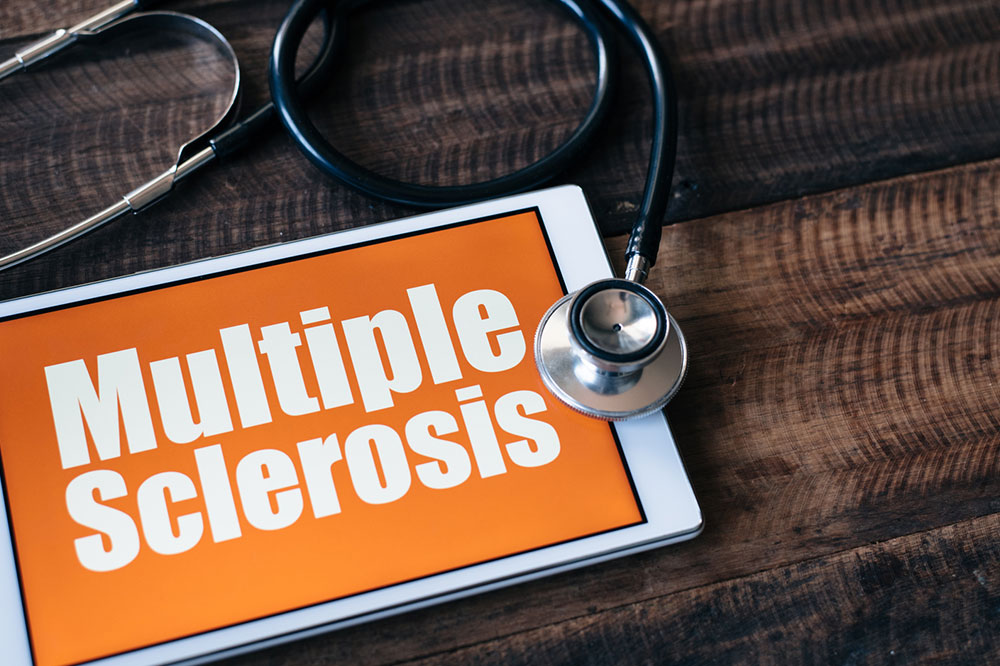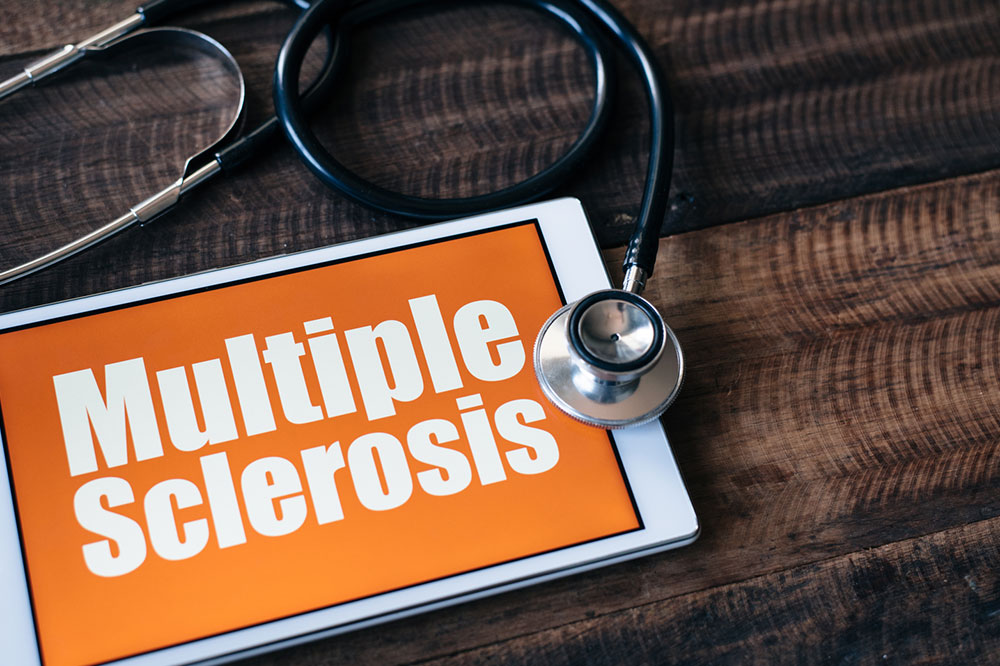Understanding Multiple Sclerosis: Causes, Symptoms, and Treatments
Explore this comprehensive overview of multiple sclerosis, covering causes, symptoms, risk factors, diagnosis, and available treatments. Understand how MS affects the nervous system and what options are available to improve quality of life. Stay informed about the latest medical approaches and management strategies for this chronic autoimmune condition.

Understanding Multiple Sclerosis: Causes, Symptoms, and Treatments
Overview of Multiple Sclerosis
Multiple sclerosis (MS) is an autoimmune disorder where the body's immune defenses mistakenly attack the central nervous system, damaging the brain and spinal cord. This process involves destruction of the myelin sheath, the protective covering of nerves, disrupting communication between the brain and body. The disease's progression varies among individuals, with symptoms fluctuating over time. Early signs often include numbness, vision problems, and coordination issues, which may escalate into more severe disability as the condition advances.
People with MS experience episodes of flare-ups with symptoms that come and go, or gradually worsen without remission. Around 60-70% of patients develop a progressive form, leading to continuous decline called secondary progressive MS. Others may experience a relentless worsening from early stages, known as primary progressive MS. Risk factors include age (15-60 years), gender (women are more affected), genetics, certain infections like Epstein-Barr virus, smoking habits, and climate conditions typically found in temperate regions. Autoimmune diseases, ethnicity, and lifestyle choices also influence susceptibility.
While no cure exists, treatments aim to manage symptoms and slow disease progression. Diagnosis primarily relies on neurological examinations, MRI scans revealing lesions, and tests to rule out other conditions. Current therapies include corticosteroids, plasma exchange, and FDA-approved medications like ocrelizumab, especially for primary progressive MS, to improve quality of life and reduce relapses.










